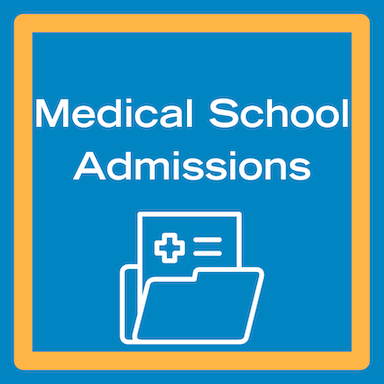by Jane Shepard
Maybe you knew that you wanted to be a physician when you were in your teens. Or you could have chosen the pre-med path after you realized you love genetics, biochemistry, and anatomy. In either case, you are passionate about a future career in medicine and are eager to start applying to medical schools.
But when should you apply? Does it matter? Wouldn’t it make the most sense to apply during your junior year of undergraduate studies?
The AAMC (Association of American Medical Colleges) stopped reporting the average age of medical school matriculants in 2018, but by looking at 2020 data from the Medical Student Questionnaire, 66% of students starting medical school had taken at least one gap year.
Let’s take a look at some probable case scenarios:
Lucy received a global health certificate during her undergraduate program. She has a strong desire to serve in the Peace Corps after graduation but does not know if this delay will hurt her chances of gaining admission to medical school. If you think about it, a medical school application showing service in the Peace Corps would allow her to submit a much stronger application. She would be able to talk about her experiences living in another culture, observing how healthcare is delivered in other countries, meeting diverse groups of people, and demonstrating service to others.
Ben is passionate about a career in medicine, and has done impressive research in a lab studying cognition challenges related to norepinephrine neurotransmitters. He has co-authored numerous papers and made presentations at two professional conferences. In his junior year of his neurology undergraduate program, he started volunteering for 2 hours per week in a child emotions lab. This is his only patient exposure to date since he didn’t choose to go into medicine until recently. It might make more sense for him to take a gap year or two to focus on gaining meaningful patient exposure, which is an important component in medical school applications.
Natalie was an NHS student in high school, and is ready to graduate from a prestigious undergraduate institution with a double major in Biology and Psychology. Her GPA is a 3.98 and she scored a 520 on the MCAT. Doing well in her studies has been her major focus for her entire life. She received a full scholarship and was able to concentrate on her classes without the distraction of working part-time while attending college. She is ready to start medical school as soon as she has graduated with her Bachelor of Science degree. When an admissions committee reviews her application, will they be able to see real-world experiences beyond college? Has she experienced working with diverse populations? Has she shown dedication to providing service to others? Has she needed to juggle outside activities with schoolwork, demonstrating flexibility and resilience?
Trevor has been working as an EMT all throughout his undergraduate program. He has a strong passion for providing medical care and has seen a broad range of medical emergencies, and interacted with diverse populations in both rural and urban areas. His GPA is a 3.01 but he feels that due to the many hours of patient exposure he has experienced, this will show admissions committee members that he can hit the ground running and become a successful ER physician. Should he work on improving his GPA before applying to medical school? And if he does, should he take courses as a non-degree student? Should he complete an MPH program, or consider a one-year Master’s degree program in Medical Sciences?
While it is true that some applicants are ready to start medical school immediately after graduation from college, the above examples show how gap years can provide real advantages. Admissions committee members are accustomed to seeing applicants who have participated in other activities after graduation (and often prefer to see these additional life experiences). Although some people view gap years as delaying their academic and professional goals, a year or more of experiences can allow you to become a much better health care provider in the long run!





